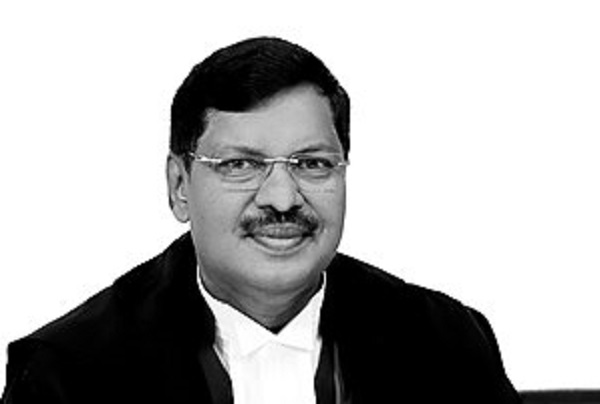
Supreme Court Questions Governor’s Power Over State Bills
In a key hearing on a presidential reference, Chief Justice of India B. R. Gavai questioned whether placing the power to indefinitely withhold assent to state bills in the hands of a governor would compromise democratic governance. He asked whether such a power would effectively allow a governor to derail legislation, placing the elected government “at the whims and fancies of the governor.”
Concerns Over Legislative Process
Challenging the idea of granting governors unchecked discretion, the CJI remarked: “Would we not be giving total powers to the governor to sit in appeal?” The bench cautioned that interpreting the governor’s power to withhold assent as authority to kill bills permanently would undermine both the legislative process and the governor’s role.
Context: Presidential Reference on Timelines
The Supreme Court is reviewing a presidential reference seeking clarity on permissible timelines for governors and the President to act on state bills. The bench is considering whether indefinite delays by governors could stand in constitutional terms or conflict with the foundational principles of representative democracy.
Promoting Federal Balance
The exchange underscores a broader constitutional concern: maintaining a balance between the Governor’s role and the primacy of the elected state government. The bench’s observations signal a judicial intent to curb any misuse of gubernatorial authority and uphold legislative integrity.


















